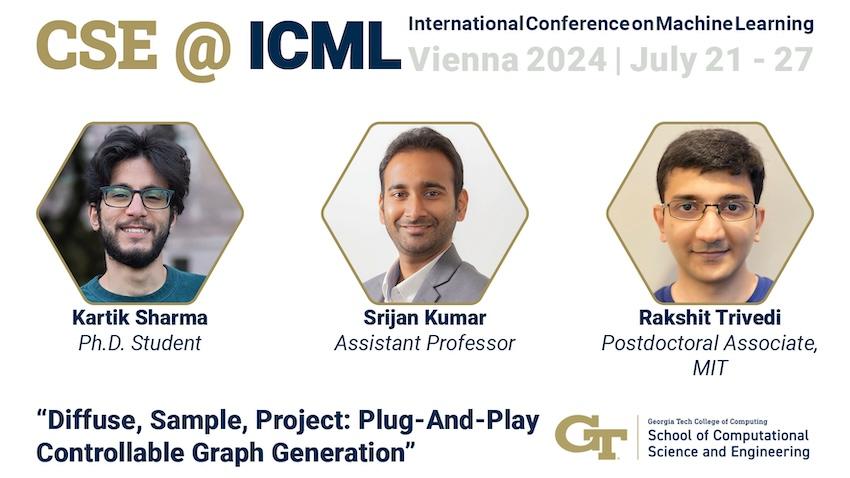
New Machine Learning Method Lets Scientists Use Generative AI to Design Custom Molecules and Other Complex Structures
New research from Georgia Tech is giving scientists more control options over generative artificial intelligence (AI) models in their studies. Greater customization from this research can lead to discovery of new drugs, materials, and other applications tailor-made for consumers.
The Tech group dubbed its method PRODIGY (PROjected DIffusion for controlled Graph Generation). PRODIGY enables diffusion models to generate 3D images of complex structures, such as molecules from chemical formulas.
Scientists in pharmacology, materials science, social network analysis, and other fields can use PRODIGY to simulate large-scale networks. By generating 3D molecules from multiple graph datasets, the group proved that PRODIGY could handle complex structures.
The Tech group dubbed its method PRODIGY (PROjected DIffusion for controlled Graph Generation). PRODIGY enables diffusion models to generate 3D images of complex structures, such as molecules from chemical formulas.
Scientists in pharmacology, materials science, social network analysis, and other fields can use PRODIGY to simulate large-scale networks. By generating 3D molecules from multiple graph datasets, the group proved that PRODIGY could handle complex structures.


